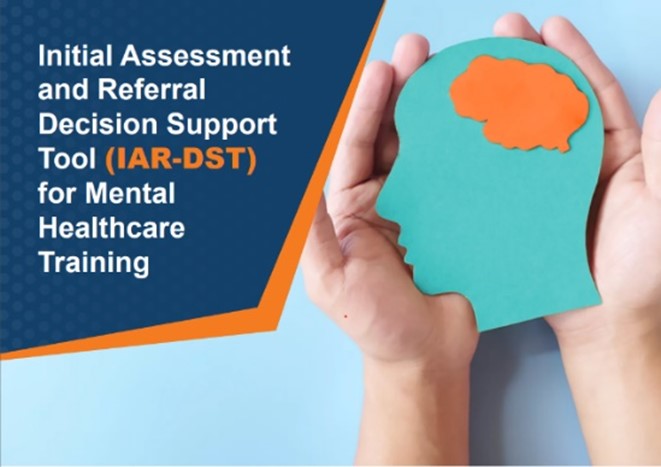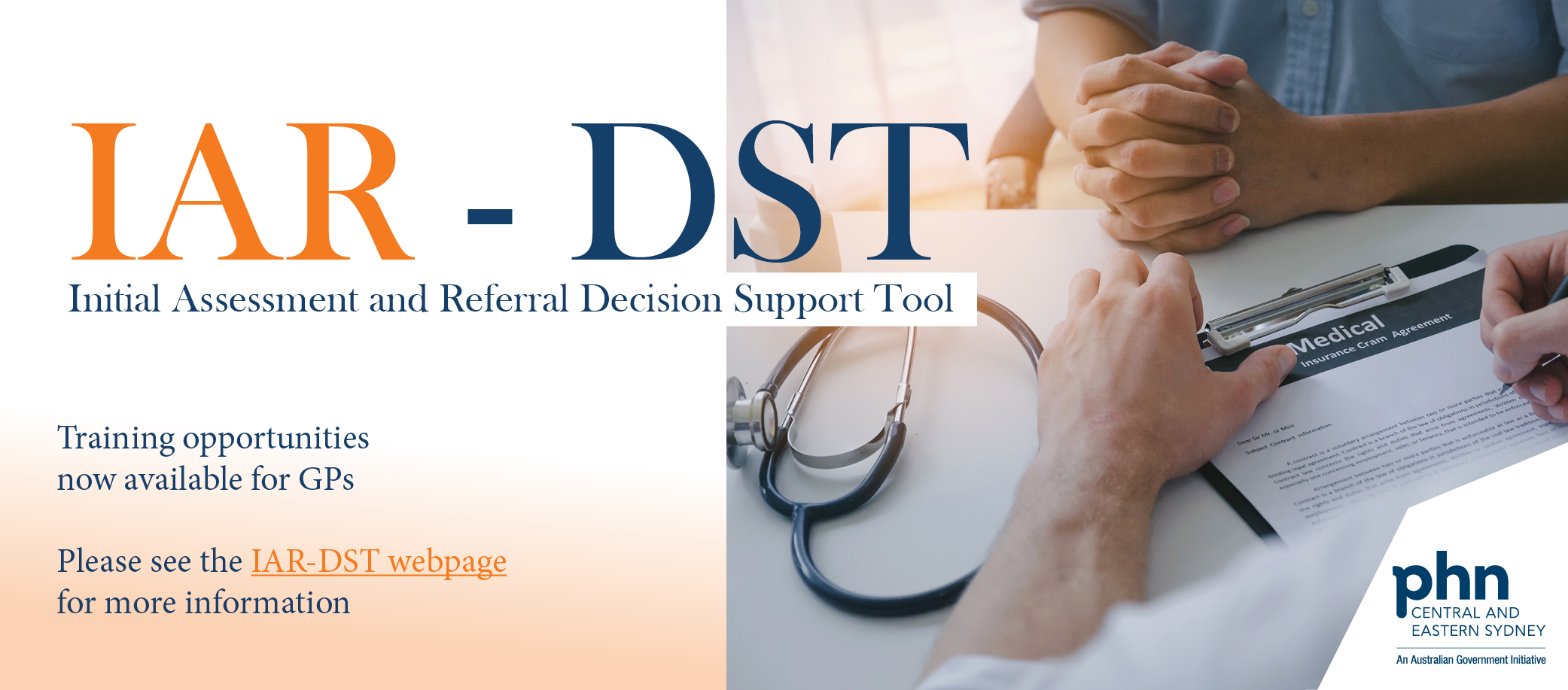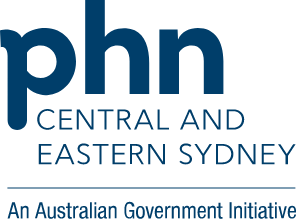Initial Assessment and Referral (IAR) Decision Support Tool (DST)

IAR-DST
The Initial Assessment and Referral (IAR) Decision Support Tool (DST) is an evidence-informed decision support tool developed by the Commonwealth Department of Health and Aged Care to assist GPs and mental health clinicians make appropriate referrals to help their patients/clients access the right level of mental health support, the first time.
Training in the IAR-DST is being implemented nationally by PHNs, and the IAR-DST forms part of the Bilateral Agreement between the Commonwealth and New South Wales to work collaboratively to consider opportunities to integrate intake, assessment and referral approaches across state-funded services and Commonwealth-funded services. In addition to the aim of guiding mental health referrals, the IAR-DST guidance provides a standardised and transparent framework for mental health referrals, using a common language for treatment need, based on the principles of stepped care.
Currently, the IAR-DST is being used:
- for intake and triage processes via the Head to Health statewide phone line for referrals to our Head to Health (Medicare Mental Health) Centre in Canterbury
- for referrals into our commissioned services (e.g. PSS, PICS, Telehealth Psychiatry Service) as part of our online referral forms
- to categorise clinical services in the CESPHN Mental Health Services Directory
Key activities of the IAR project team
- Weekly training sessions for GPs, GP Registrars, and Allied Health Professionals with expanded training format options and increased choice of times.
- Expansion of IAR training sessions to PHN commissioned services, other practice staff and allied health professionals across the region and dedicated training for clinicians from headspace and Youth Enhanced Services.
- Engagement with stakeholders to continue raising awareness of the IAR-DST and potential intersections within the mental health sector, including communications with LHDs and LHNs, the Ministry of Health and Commonwealth-funded services.
- Delivery of specialised information sessions and training to SLHD, SVHN and SESLHD Mental Health Access Line staff and other relevant mental health clinicians in our local health districts.
- Supporting numerous projects and activities of the National IAR Training and Support Officer Network and consulting on research projects
- Launch of the CESPHN Mental Health Services Directory with clinical mental health services mapped to IAR Level of Care.

This brings the total number of participants trained by Central and Eastern Sydney PHN to 885, with 614 of those being GPs (49.1% of target).
Mental health service directory
The Central and Eastern Sydney PHN’s region has many mental health services on offer however minimal visibility of some of these services, specified eligibility criteria, and long wait times contribute to the challenge of meeting the mental health needs of the community.
As a result, CESPHN developed the CESPHN Mental Health Services Directory to assist referrers, and service providers to understand what services are available in our region, and to quickly find services to meet the needs of their patients/clients. A unique feature of the directory is visibility of current wait times for relevant services.

The directory was built with health care providers in mind, with the following key features:
This means that by making use of the filters, referrers can easily find a program for their patient/client rather than having to review multiple websites from different organisations to find a program they are after.
Clinical mental health services included in the directory have been mapped to the IAR-DST levels of care (1-5). This is the primary filter but is not a required field, with a variety of other demographic and population specific filters available making it easy to drill down to services that will meet an individual patient/client’s needs.
Information about wait times will help referrers make informed decisions about appropriate referral options, assist service navigation and enable them to offer while-you-wait alternatives where appropriate. Regular engagement with service providers to build this wait time data will aim to minimise referral rejection and provide options for similar services with greater capacity. This is the first online mental health services directory with this feature.
Searches can be filtered according to age, priority population, type of service (clinical vs psychosocial vs crisis), location, modality of treatment (online vs in person), cost etc. This means reduced time for the referrer to locate what they need for their patient/client. Once you have used the relevant filters, the list of services can then be sorted alphabetically by organisation name, program name, closest location or wait time.

